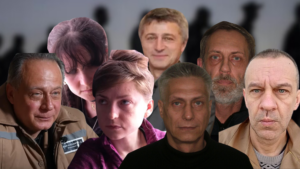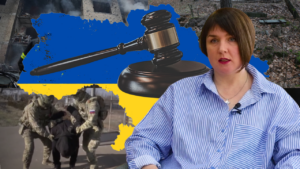One Crime, Three Countries. Whether ICC Has Jurisdiction over Crimes Committed against Ukrainians in Russia or Belarus
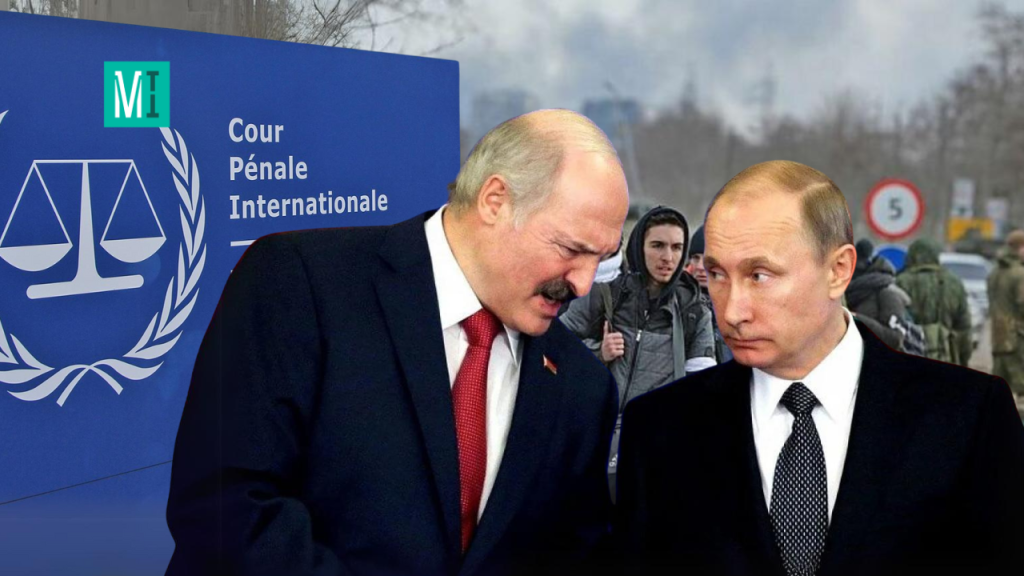
In late October 2024, President Zelenskyy signed the second law implementing the Rome Statute. As a result, a new Article, “Crimes against Humanity,” was finally added to the Criminal Code of Ukraine. At the same time, the rules imposing criminal responsibility cannot apply retrospectively, which means that the crimes against humanity committed during the last 10 years of the war cannot be prosecuted by the Ukrainian law enforcement bodies.
The International Criminal Court has jurisdiction over the crimes against humanity committed since 2014 in Ukraine. However, this jurisdiction does not extend to Russia, which didn’t ratify the Rome Statute. At the same time, a significant number of criminal actions of the Russian soldiers that were first committed in Ukraine continue to be committed on the territory of other countries, for instance, in the case of deportation of Ukrainian civilians to Russia.
Anna Rassamahina, an attorney at law and an expert of MIHR on international humanitarian law, explains in her column whether the jurisdiction of the ICC covers the crimes committed on or from the territory of Russia.
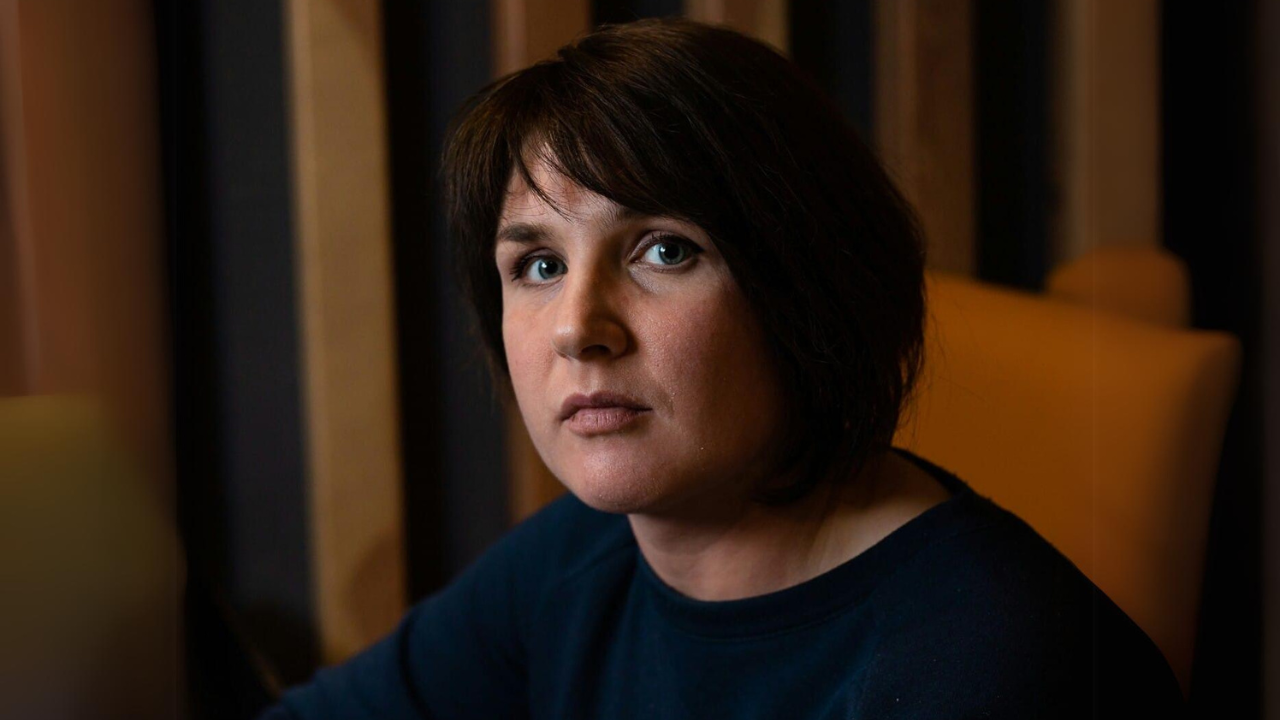
Anna Rassamahina, an attorney at law and an expert of MIHR on international humanitarian law
Ukrainian Civilians in Russia
Crimes against humanity are widespread and systematic attacks against the civilian population, which is part of a single policy. Under Article 7 of the Rome Statute, such crimes include murder, deportation, torture, imprisonment, and other inhumane acts. Crimes against humanity are considered to be more grave compared to war crimes as they are committed against a group of people and inflict suffering primarily on civilians.
Certain crimes that Russia has been committing have a systematic and intentional nature. Specifically, the attacks on objects of the energy infrastructure of Ukraine became the reason for the ICC to issue arrest warrants in June 2024 against Sergey Shoigu, a former defense minister of Russia, and Valeriy Gerasimov, the chair of the Russian general staff.
Deportation of civilians to Russia and Belarus is another systematic crime that Russia has been committing. According to MIHR’s calculations, as of October 2024, at least 1932 detainees have been kept in prisons in the territory of the Russian Federation. The Russian armed forces that moved people are not the only perpetrators. The numerous governmental structures, such as, for example, the Federal Penitentiary Service and the FSB (Federal Security Service of the Russian Federation), which ensure the detention of deportees – are also involved. That is, these actions look coordinated as they demonstrate the state policy of the Russian Federation. Same applies to the deportation of children and crimes against prisoners of war.
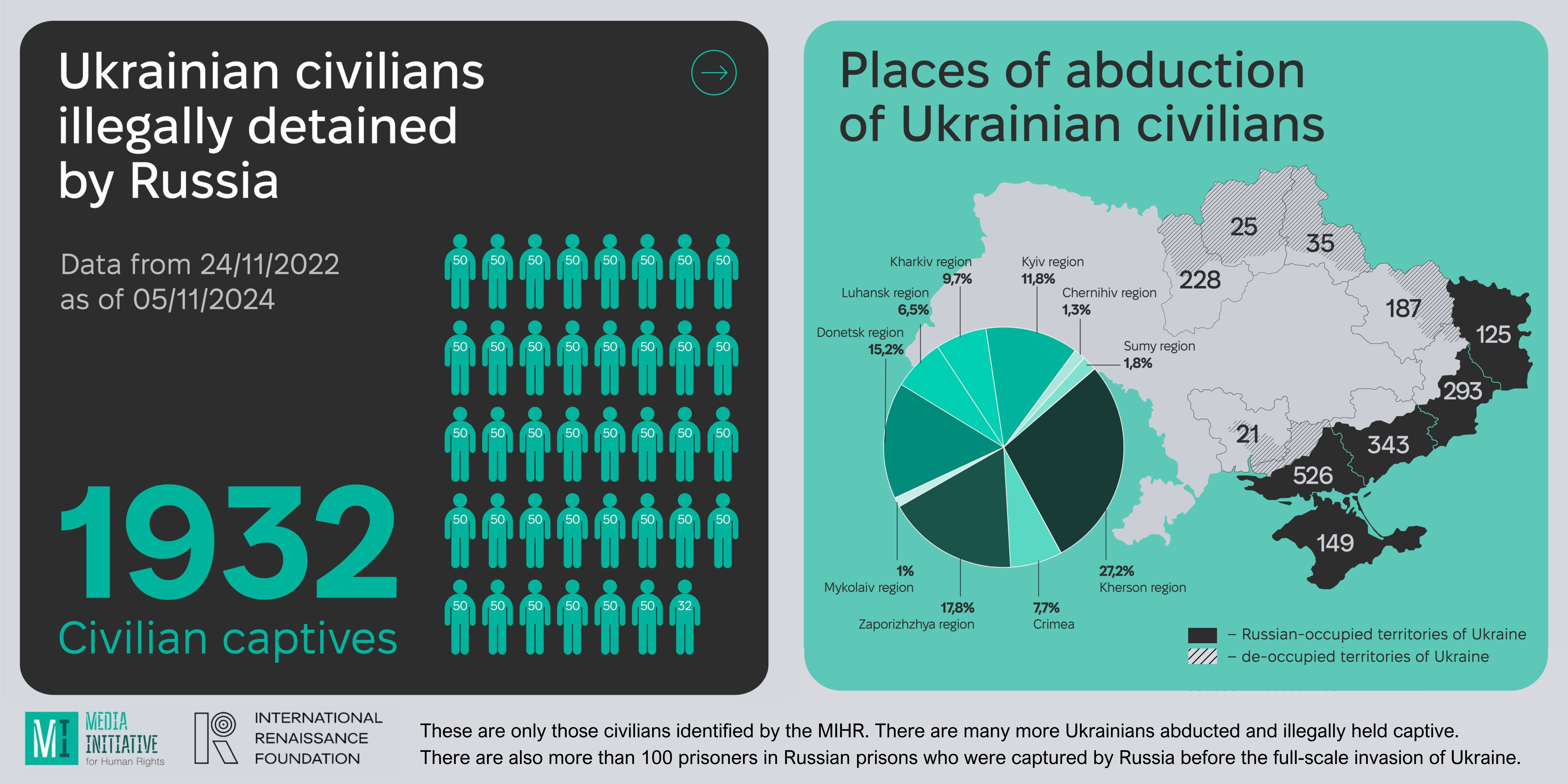
Infographics of the MIHR
Criminal actions begin in Ukraine, where Russians have been illegally detaining Ukrainian civilians since 2014. During this time, human rights defenders and law enforcement officers documented numerous deaths in places of imprisonment, torture, lack of medical care, and hunger.
There is still no official and effective framework for returning these people to Ukraine. Nor is there a mechanism for investigating crime at the international level. However, it seems obvious that the illegal detention, deportation of civilians, and further violations against them already committed in Russia or Belarus are the components of one crime. So is the shelling of the Ukrainian energy infrastructure from the territory of Russia and the deportation of children – actions consisting of several elements on the territory of different countries. Therefore, these crimes must also be investigated complexly. The question is how to do it.
Where the Jurisdiction of the ICC Ends
The persecution and deportation of Ukrainian civilians is a crime that falls under the jurisdiction of the ICC. While there is no confirmation that the Court issued a warrant for the arrest of suspects in this crime, representatives of the ICC have repeatedly stressed it is important to investigate the crime of persecution of civilians in Ukraine.
The ICC’s jurisdiction extends to states that are parties to the Rome Statute or have, in a separate declaration, accepted its jurisdiction without ratifying the Statute. Even before the ratification of the statute, Ukraine made the declarations in 2014 and 2015. However, Russia did not do so, nor did it ratify the Rome Statute. Obviously, Russia won’t do so in the future because it won’t recognize any of the crimes being committed by it in Ukraine.
But does the ICC’s territorial jurisdiction extend to Russia if the actions comprising the crime are first committed in Ukraine and then continue to be committed in Russia? The answer to this question largely depends on whether the Court will be able to bring to justice the highest Russian governmental officials involved in international crimes.
To date, the Court has not yet heard similar cases and has not passed relevant sentences. However, a comparable case is already at the ICC at the stage of pre-trial investigation and preliminary court proceedings. Since 2018, there has been a pre-trial investigation of international crimes against the Rohingya ethnic group in Myanmar, who are being deported en masse to Bangladesh. Therefore, the crime was committed in the territories of two states, of which only one – Bangladesh – recognizes the jurisdiction of the ICC. The Court’s jurisdiction extends to Myanmar. The ICC pre-trial chamber explains its jurisdiction in its decision of September 6, 2018, by the fact that at least part of the crime was committed in the territory of the ICC State Party.
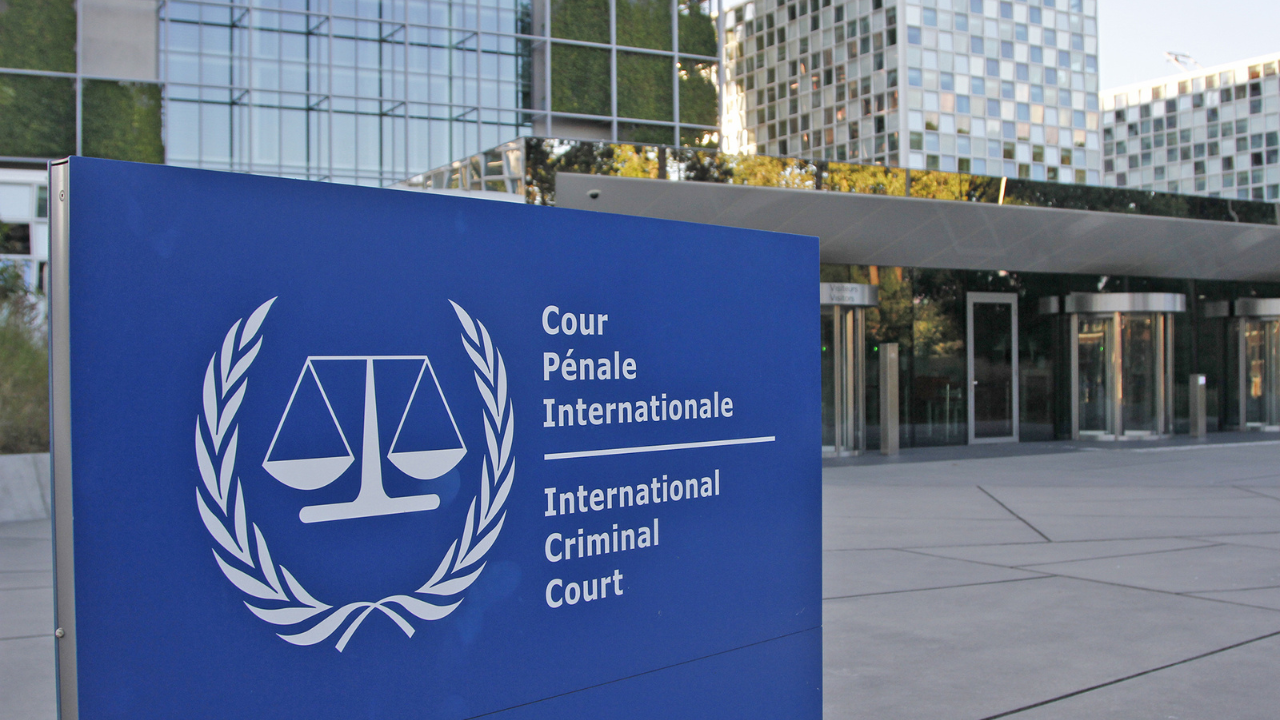
International Criminal Court in The Hague
The same can be said about crimes against Ukrainian civilians: people were kidnapped in the territory of a state that recognizes the jurisdiction of the ICC. Also, even before deportation, civilians are subjected to torture and other violations in the territory of a State Party.
In addition, in October 2024, ICC spokesman Fadi el Abdallah said that the alleged participation of Belarus in the deportation of Ukrainian children falls under the jurisdiction of the ICC. Although Minsk did not sign the Rome Statute, the first action of the series of crimes was committed in the territory of Ukraine, which recognizes the jurisdiction of the ICC.
If the territorial jurisdiction of the International Criminal Court had under no circumstances extended to a Non-Party State, this would have meant that responsibility for international crimes could be escaped. Under such conditions, crimes can be artificially withdrawn from the jurisdiction of the Court. This approach would have implied that it would have been impossible to prosecute the organizers of crimes in Russia. However, since the ICC considers where the actions of the crime were committed, it can investigate such cases – even if the crime was committed by citizens of the Russian Federation on the territory of their own country.



